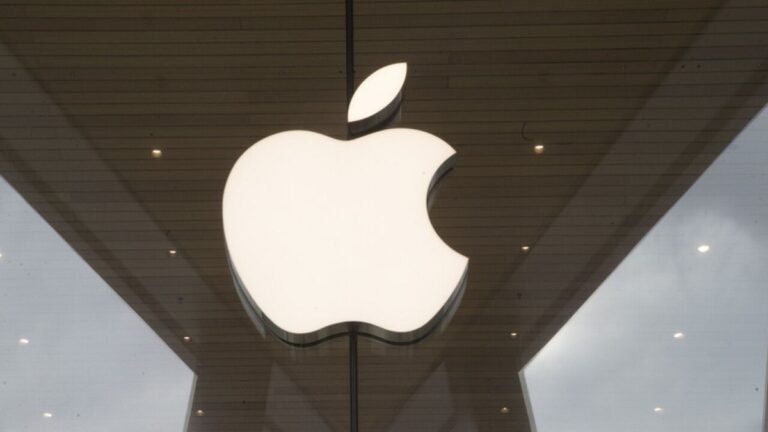In a significant move signalling a crackdown on big-tech monopolies, the European Union imposes a hefty fine of nearly $2 billion on Apple.
Large technology corporations have been under increasing scrutiny from regulators. Over the last decade, the influence of these multinational tech-focused companies has significantly grown, leading to heightened discussions about the interpretation and extent of regulatory measures.
European governmental bodies, notably the powerful European Union and its institutions, have consistently rebuked big tech for unfair practices and anti-competitive issues.
EU Imposes First Antitrust Penalty on Apple, Levies €1.8B Fine
In a recent development aligning with this ongoing trend, the European Union imposed its inaugural antitrust penalty on Apple this Tuesday. Brussels, the administrative heart of the EU, levied a fine of 1.8 billion Euros against the California-based company.
This decision follows the revelation that Apple violated the bloc’s competition laws by favoring its own music streaming service, Apple Music, and undercutting its competitors.
Previously, Apple and Google faced similar accusations of stifling competition and extracting additional fees from app developers on their respective app platforms, App Store and Play Store.
In recent times, significant markets in the tech sector, including the Competition Commission of India (CCI), have scrutinized major tech companies like Google, Meta, Apple, and Amazon. Google faced fines for violating antitrust regulations.
In the latest development, the European Commission, the executive body of the 27-nation bloc and its primary antitrust regulator, has alleged that Apple prevented app developers from “fully informing iOS users about alternative and cheaper music subscription services outside of the app.” The commission accused the tech giant of offering services at a considerably inflated rate.
Imposing a 1.8 billion Euro fine, the EU continues its global efforts to hold Big Tech companies accountable, previously imposing multi-billion-dollar fines on Google and charging Meta with distorting the online classified ad market. Additionally, the EU initiated a separate antitrust investigation into Apple’s mobile payments service.
This substantial fine, amounting to 1.8 billion euros, is the outcome of an extensive investigation initiated by Spotify five years ago. Spotify, a major player in the music streaming business, initiated the probe.
Recent Actions
Apple responded to the decision by stating its intent to appeal the penalty. The company suggested that Spotify could benefit from this legal action, highlighting Spotify’s significant influence in the European market.
The commission’s inquiry disclosed that Apple prohibited streaming services from informing users about subscription prices available outside of their apps, according to Free Press Journal.
In 2023, the United States altered its stance on regulating Big Tech, especially concerning cross-border data flows, server localization, and source code disclosure. The U.S. joined a statement issued by the WTO, marking a significant shift in its approach.
There have been discussions about potentially breaking up these major entities into smaller ones, akin to the action taken against the Standard Oil Company by the U.S. Supreme Court in 1911.
The future of these companies remains uncertain and unpredictable, but legal actions resulting in setbacks for Big Tech may likely increase in the coming years.
(Finance World and The Free Press Journal have published the article under a mutual content partnership arrangement.)


